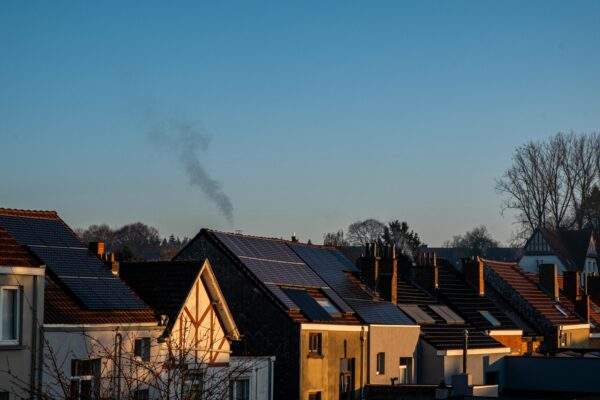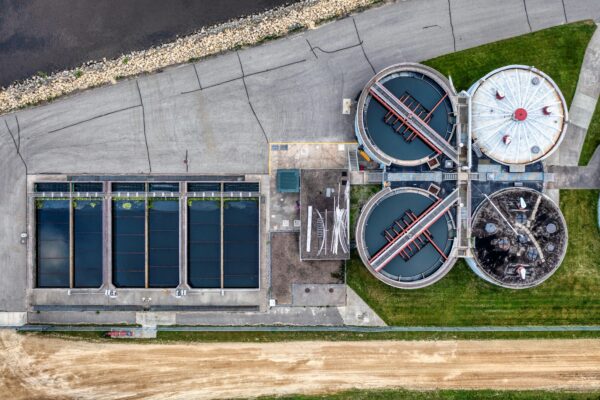At the Independent Networks Association (INA), our members are working to support action on one of today’s most pressing challenges—decarbonising home heating. As network operators providing essential services to over four million households across Great Britain, IDNOs play a pivotal role in shaping the transition to sustainable energy use. We are pleased to share our detailed submission to the PAC enquiry into this vital issue.
The Need for Policy Alignment
Our submission underscores the need for alignment between policy deadlines or targets and the broader regulatory framework. Effective and efficient delivery of decarbonisation policies hinges on this synergy, particularly in terms of infrastructure demands on both electricity and gas networks.
Addressing Capacity Challenges
As sectors like heating, transport, and industry move towards electrification, electricity demand is projected to at least double by 2050. This surge requires transformative enhancements across the energy system. Our evidence to the committee highlights the ongoing challenges and active competition for connections to electricity networks.
A recent report by the Electricity Network Commissioner pointed out the need for substantial investment to manage over 230GW of generation projects in the queue—a stark contrast to the current 80GW connected at the transmission level.
Future Homes Standard and Infrastructure Implications
The government’s consultation on the Future Homes Standard proposes significant changes starting in 2025, including the equipping of new homes with electric heating solutions. Our response to the PAC calls for thoughtful consideration of ongoing developments, as many existing constructions may have pre-installed gas infrastructure, which could become oversized or inadequate under new standards.
Engaging Consumers in the Transition
Another aspect our submission highlights is engagement with consumers. Shifting from natural gas, the dominant source of home heating, requires widespread consumer buy-in. Over 20,000 homes need to transition each week from 2025 to meet the 2050 targets. Awareness of alternatives such as air and ground source heat pumps is currently low, and a comprehensive communication strategy is essential to foster acceptance and demand for low-carbon heating solutions.
Conclusion
The journey towards a net-zero future is complex and requires coordinated efforts across various sectors and levels of government. INA is committed to continuing our advocacy for effective policies and infrastructure that support the decarbonisation of home heating. With the right strategies in place, we can achieve a sustainable and resilient energy future.


